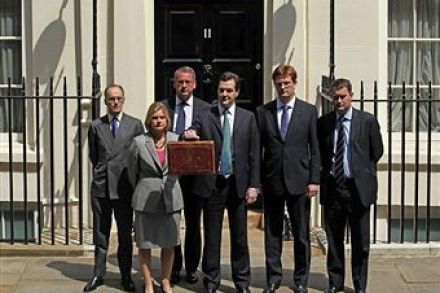Don’t police the beach
You might not have been to Freshwater West, on the remote western shores of Pembrokeshire, but you’ve probably seen it before — on the big screen. Because the bay is so untouched by man, it can stand in for pretty much any period in history. It’s just starred as the medieval beach in Russell Crowe’s Robin Hood, and as the seaside home to the shell house in the latest Harry Potter film. These days, it couldn’t stand in for much, except perhaps a Welsh version of Baywatch — Boyowatch, perhaps? Because, as of this year, between 26 June and 5 September, the beach has been destroyed by the Royal National













